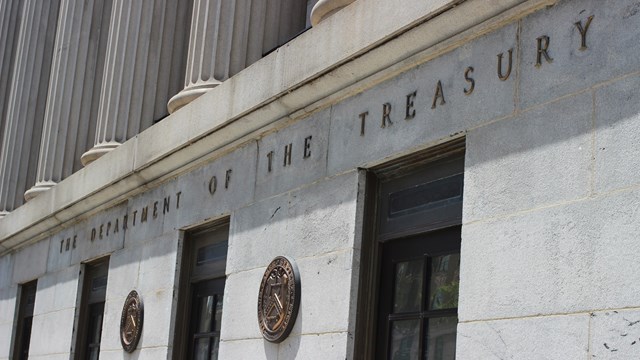Who Passes the Annual Budget?
Q Does our condominium board of directors need to have our next annual budget passed by the condominium owners or can they pass it themselves?–Following Protocol
A “In most states, unless the condominium documents specify otherwise, the decision is a board decision,” says attorney Henry Goodman of Goodman, Shapiro & Lombardi, LLC in Dedham, Massachusetts, and Providence, Rhode Island. “The reason for this is that the board usuallyhas the obligation to properly operate the community in terms of maintenance,
repair and replacement, keeping up property values. In order to carry out their
duties, the board needs the necessary financing. Quite often if the decision
for budgeting were left up to the unit owners, they may consider their own
financial condition and deny the board the funds necessary to carry out their
duties. This would put the board in the position of either having to resign or
be in breach of their obligations to the unit owners. In some states, there may
be statutory language which requires a vote of unit owners. However, I am
unaware of any such language.”







Comments
Leave a Comment